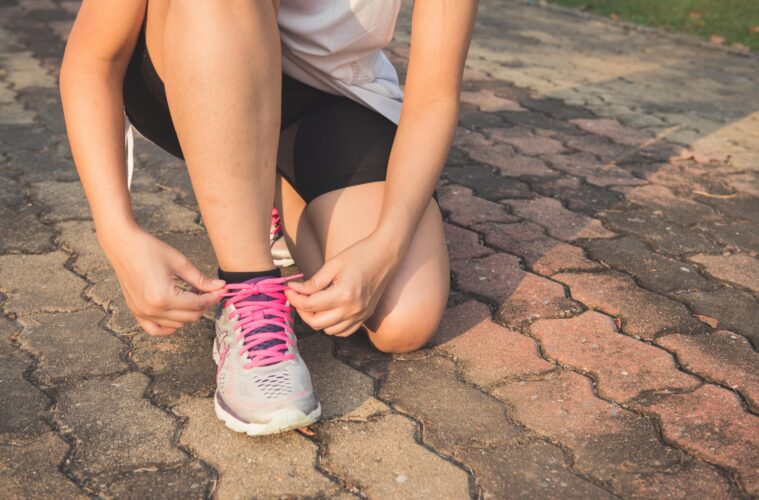Sometimes it seems like the importance of exercise is downplayed in today’s world. ‘You can’t outrun a bad diet’ has become a cliche. We’re told that maintaining a healthy weight is 70% diet and 30% exercise; sometimes that ratio goes to 80/20 depending on the source. Images of neglected treadmills and lapsed gym memberships in the wake of abandoned New Year’s resolutions have become almost a running (or not running, as the case may be) joke around office watercoolers.
This magazine has long been an advocate for eating a balanced diet. In today’s stressful world, we like meal prepping as a method of ensuring we can fit healthy foods into our schedule. However, that stressful world is becoming increasingly sedentary. Post-pandemic, many of us don’t even have to walk to the train station to head to the office any more. We know what we <em>should</em> be eating and many of us do, yet obesity rates climb year on year on year. So, is exercise the missing component? Let’s take a look.
Why exercise?
The rationale ‘You lose weight in the kitchen, you get healthy in the gym’ has become a mantra for personal trainers. However, even for us those that aren’t gym bunnies, the American CDC recommends that adults undertake 150 minutes of moderate-intensity physical activity, including two days a week that works all the major muscle groups. They’re looking at it from the point of view that exercise improves cardiovascular health, reduces blood pressure, and lowers the risk of conditions like hypertension. Working out also boosts brain function and busts stress via the release of endorphins, and helps us sleep better. Not getting enough sleep is increasingly being linked to growth hormone deficiency and increased cortisol levels in the body, both of which can lead to overeating. There’s no better cure for tossing and turning in bed than physically tiring yourself out.
From a standing start
Those of us following a healthy diet will know that it involves a few adjustments here and there as we make it work with our own lifestyle. Exercise is no different. We know not to go to the grocery store on an empty stomach, as that oftentimes leads to bad choices and instant, highly processed foods ending up in the cart. Similarly, making rash decisions relating to exercise rarely works out well. Doing too much too quickly is as more likely to burn us out and put us off than lead to rapid results. For bigger bodies, low-impact activities like swimming and cycling put less strain on joints, and reduce the risk of injury.
If you’re consulting your doctor (as you should) before embarking on a new exercise program, a subject that might come up is prescription weight loss medication. Known collectively as GLP-1s, medicines like Wegovy and Zepbound can be made available to those with a BMI of 30 or higher. They work by slowing the process of food through the system, thereby keeping the user fuller for longer. They also interact with the reward pathways of the brain, lessening cravings for unhealthy food, and dampening the ‘food noise’ that can lead us to eat simply because we’re tired, stressed, or bored. Combined with a healthy diet and regular activity, they can increase metabolism, which in turn will increase exercise’s effectiveness.
Keeping it moving
Exercising combined with a healthy diet can become a virtuous circle. We don’t want to lose the gains – or gain the losses – that we make. There are plenty of options for those who’d rather avoid the gym. Beer league hockey is fantastic fun and an excellent workout, as long as one doesn’t get more attached to the beer side of things. The Covid-induced clamor for home workout equipment has long since subsided, with weights and yoga gear once again freely available. The humble exercise bike can transport you from your spare room to the Tour de France via a number of indoor cycling apps.
At the end of the day, everyone’s different. Some like the social aspects of exercising, while some prefer it as a broadly solo activity. Whichever way we do it, looking after the body via diet encourages us to feel good about ourselves which in turn encourages us to exercise which boosts our mind and body.
Published by HOLR Magazine.


